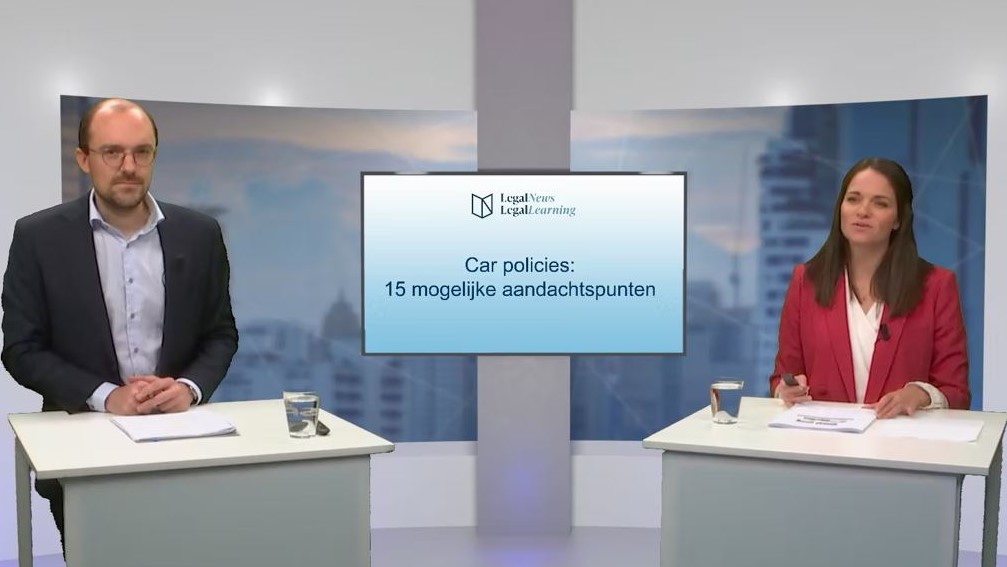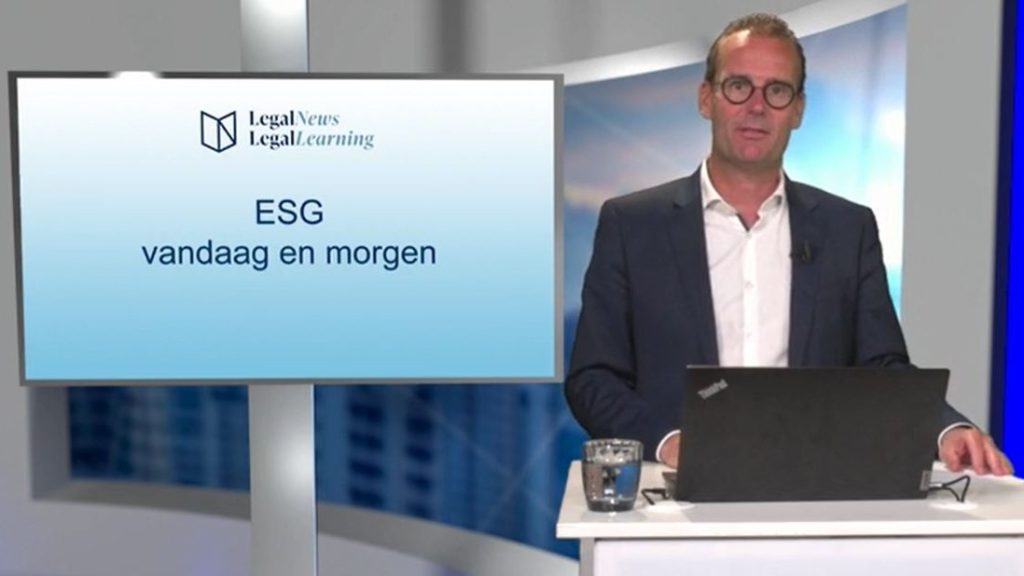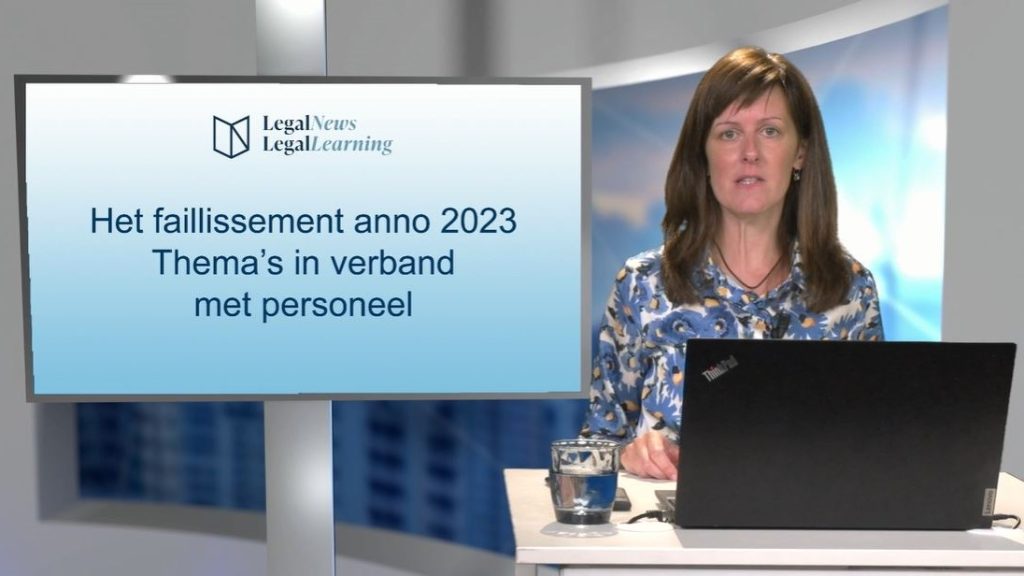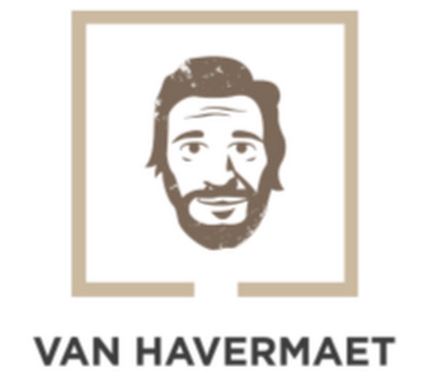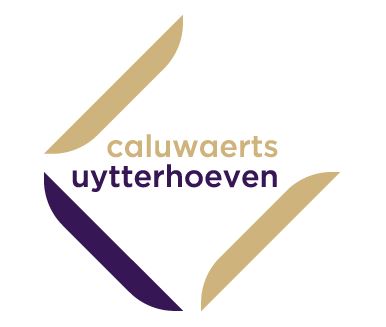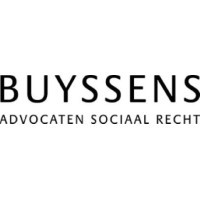Vakantiedagen en het arbeidsrecht
Mr. Kato Aerts en mr. Sarah Witvrouw (Lydian)
Webinar op dinsdag 11 juni 2024
HR-aspecten bij M&A transacties
Mr. Nele Van Kerrebroeck (Linklaters)
Webinar op donderdag 16 mei 2024
Het nieuwe Boek 6:
de impact op de werkvloer
Mr. Chris Persyn (Cautius)
Webinar op donderdag 4 juli 2024
Tewerkstelling van buitenlandse werknemers:
nakende ingrijpende wijzigingen
Mr. Sophie Maes en mr. Simon Albers (Claeys & Engels)
Webinar op donderdag 25 april 2024
Intra-group mobility: extended mobility rights for managers, specialists and trainees (EY)
Author: EY
Publication date: 30/09/2020
The posting of managers, specialists and trainees to Belgium – and by extension the European Union – will soon be facilitated. Working in more than one European country generally requires a work authorization for each member state. The Intra-Corporate Transferee Directive (ICT Directive), however, foresees the option for intra corporate transfer employees to work in multiple member states with only one permit.
The Directive specifically focusses on allowing multinationals to transfer and assign managers, specialists and graduate trainees both into and within the EU member states with one single permit.
The ICT directive
Complementing earlier harmonization initiatives such as the EU blue card Directive and the single permit Directive, the ICT Directive – already adopted by the European Union in 2014 – foresees the harmonization and facilitation of the conditions and procedure of entry and residence for non-EU nationals working in the framework of intra-corporate transfers.
Belgium, as the last student in class and after being referred to the Court of Justice by the European Commission, has finally transposed the ICT Directive into national legislation. Entry into force of this new legislation is foreseen on 1 October 2020, however, in order for the legislation to take full effect and for ICT- permit applications to be accepted and processed, a Royal Decree containing vital provisions still needs to be published.
Beneficiaries
The Directive applies to non-EU nationals who reside outside the territory of the European Union at the time of application and apply to be admitted or who have been admitted to the territory of a Member State in the framework of an intra-corporate transfer as managers, specialists or trainee employees.
The ICT Directive thus focusses on applicants holding a senior position, holding specialized knowledge or aiming at career development, but foresees specific conditions in regards to employment history of the applicants, as they must have an employment history of at least 3 months with the sending company, immediately prior to the transfer.
It is important to underline the requirement that the sending and receiving entity must belong to the same undertaking or group of undertakings.
Temporary rights
As an intra corporate transfer should be temporary, the maximum duration of a transfer to the European Union, including mobility between Member States, is foreseen not to exceed three years for managers and specialists and one year for trainee employees after which they should leave the territory of the member states for a cooling off period. In Belgium, this cooling off period is foreseen to last three months.
As an exception to this general rule, ICT permit holders can extend their maximum stay by obtaining a permit on a different basis.
Mobility rights
The ICT Directive is specifically revolutionary in the way that it provides the most extensive mobility rights for third country nationals to date by allowing for – under certain conditions – an exemption on the general Schengen visa obligations for beneficiaries of this Directive. A distinction should be made between short-term mobility rights and long-term mobility rights.
Short-term mobility rights
The main benefit of the EU ICT Permit is that it offers the option for the holder to work for an entity of the same corporate group in another EU member state for up to 90 days in a 180-day period. No additional work authorization is required. Third-country nationals are thus given a very extensive mobility right as the Directive enables them to reside and work for up to 90 days within a 180-days period per EU member state. Previously existing mobility rights have thus far always been set up with a maximum period of 90 days per 180 days covering the entire Schengen area.
It entails that for example a manager employed in the USA can now be transferred to the Belgian branch of the same corporate group to take up employment, but also allows this same manager to work at the Spanish branch of the group for up to 90 days, as well as at the German branch of the same undertaking, etc.
Long-term mobility rights
On top of the short term mobility rights, the ICT Directive also foresees the possibility for ICT permit holders to take up work and residence in another EU Member State fore more than 90 days. Member States can require a notification or application for applicants to benefit from these long term mobility rights and the maximum period of respectively 3 years for managers and specialists and 1 year for trainees should always be respected.
Belgium – particularities
Belgium has transposed the Directive in a very straightforward and elaborate manner. Certain specifics should, however, be taken into account:
- The cooling off period foreseen after the maximum duration of a transfer is reached amounts to 3 months in Belgium.
- The pre-existing employment relationship requirements are different in Brussels – where a minimum requirement of 6 months has been set – from the Flemish and Walloon region – where a minimum requirement of 3 months has been set.
- The salary conditions for managers and specialists is set up according to the same scheme in the three regions (Flanders, Brussels, Wallonia). For trainees, the Walloon region has set up a fixed amount of 27.715,00 EUR for 2020 with is considerably lower than the salary threshold foresee in the Flemish and Brussels region (approximately 42.600,00 EUR).
Conclusion
The ICT Directive pushes further towards harmonization on the labor migration front and foresees specific mobility benefits for multinationals present in the European Union.
Final details still need to be secured through the publication of a Royal Decree and deviating rules between the regions need to be taken into account, but Belgium will finally ensure that managers, specialist and trainees can enjoy the full benefits as decided upon by the European Union in 2014. By doing so, Belgium creates a huge opportunity for businesses to enhance their immigration flexibility and cost efficiency in Europe.
» Bekijk alle artikels: Arbeid & Sociale zekerheid







